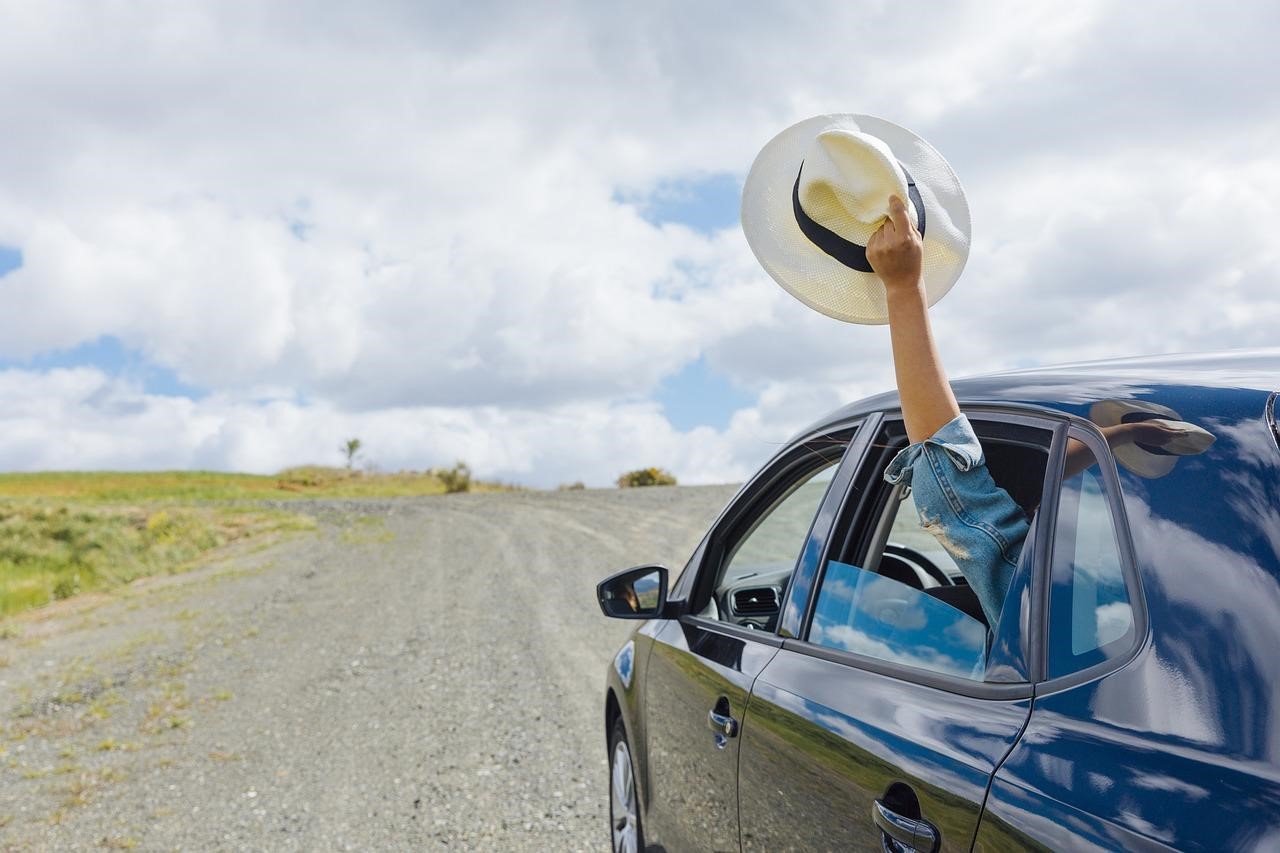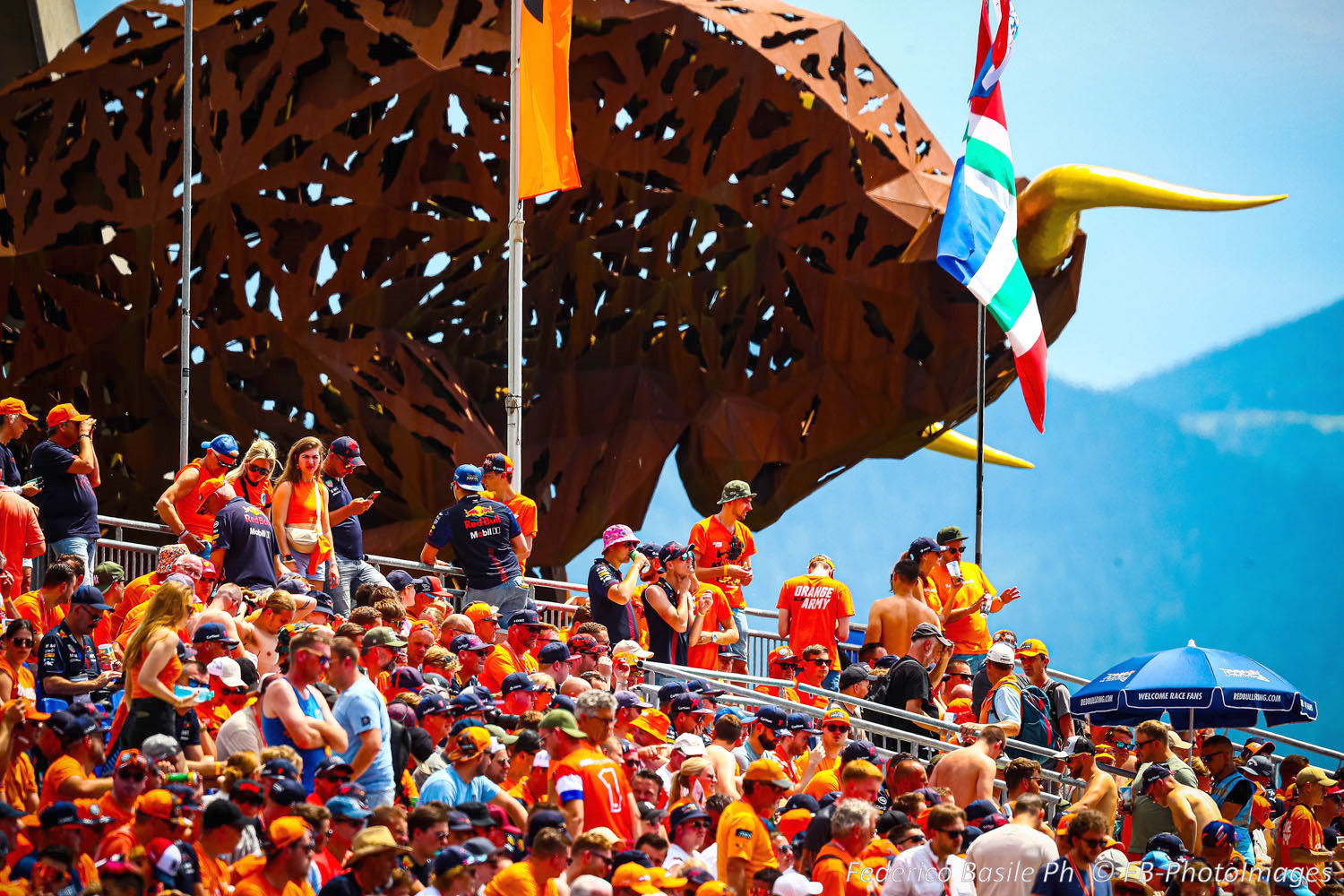Understanding the Importance of Resting After Your Motorsports Travel
Traveling is an exhilarating experience, offering a chance to explore new cultures, and landscapes, and meet fascinating people. This includes avid motorsports fans and people who work in motorsports who travel to auto races all over the world.
Whether you’re hiking through mountains, navigating bustling cities, or lounging on exotic beaches, your adventures create memories that last a lifetime.

Taking time to rest not only allows your body to recover but also helps your mind to absorb the experiences fully. In this article, we’ll delve into why resting post-travel is crucial for your well-being and how it can enhance the overall quality of your travel experience.
Related Article: F1 Races Are the Next Big U.S. Travel Destination
Giving Your Body the Rest It Deserves
Traveling can be physically demanding, whether you’re hopping between time zones, trekking through rugged terrain, or spending long hours in transit. Your body undergoes stress, even if your trip is filled with moments of relaxation. Prolonged sitting during flights, dehydration, irregular sleeping patterns, and unusual diets are all common factors that contribute to physical fatigue. These stressors can cause muscle soreness, compromised immune function, and general exhaustion, making it essential to focus on physical recovery once you return home.
One of the key ways to promote recovery is through proper sleep. Sleep allows your muscles to heal, your immune system to rebuild, and your energy levels to normalize. After a trip, it’s a good idea to prioritize sleep for at least a few days, ensuring you get more than the recommended 7-9 hours per night to compensate for the irregularities you experienced while away.
Additionally, hydration plays a pivotal role in physical recovery. Drinking plenty of water and rebalancing electrolytes helps flush out toxins and restore cellular function. The simple act of stretching or light exercises can further aid in relieving tension and preventing stiff muscles from long flights or hikes. Giving your body the rest it deserves will not only improve your physical health but prepare you for your next adventure in peak condition.
The Need to Unwind After Sensory Overload
Beyond the physical demands of travel, there is a cognitive aspect that should not be ignored. Travel often involves sensory overload, whether it’s the constant need to navigate unfamiliar environments or absorbing the nuances of different cultures. The brain works overtime to process the new sights, sounds, and social interactions, leading to mental fatigue. For some, this may manifest as post-travel blues, where the return to everyday life feels lackluster or overwhelming after the excitement of the trip.
To counteract this, it’s essential to give your mind a break. One of the most effective ways to do this is through mindfulness and reflective practices. Taking time to meditate, journal about your experiences, or even engage in a quiet hobby can help soothe the mental overload. These activities allow your brain to process the vast amount of information it has absorbed during your travels and store these memories in a meaningful way. Additionally, unplugging from social media or digital distractions can facilitate deeper rest for your brain. This mental detox not only prevents burnout but also enhances creativity and focus, making it easier to transition back into your daily routine.
Reflecting on Experiences to Gain Perspective
While the physical and mental aspects of post-travel rest are crucial, emotional recovery is often overlooked. Travel can be an emotionally charged experience, whether it involves the joy of discovery, the stress of logistics, or even moments of cultural shock. Processing these emotions after returning home is key to fully appreciating the journey. It’s important to take the time to reflect on how the trip affected you emotionally, what you learned, and how it has broadened your perspective.
This emotional reset can be facilitated by talking about your experiences with friends or loved ones. Sharing your stories and reliving the highlights can help you make sense of your emotional journey and provide closure to the adventure. Another useful approach is to practice gratitude. Recognizing the privilege of travel and reflecting on the positive experiences—whether it’s a breathtaking view, a kind encounter, or simply the ability to explore—helps ground you emotionally. By taking these steps to process your emotions, you’re not only honoring the personal growth that travel brings but also building emotional resilience for future adventures.
Supporting Your Recovery with Natural Remedies
In addition to physical, mental, and emotional recovery, integrating natural wellness products into your post-travel routine can further aid in your restoration process. For example, incorporating non-GMO CBD gummies into your recovery plan may help reduce stress, promote relaxation, and ease muscle tension after long journeys. These natural supplements are known for their calming properties and can offer a gentle way to manage post-travel discomfort without relying on synthetic solutions. By opting for non-GMO CBD gummies, you’re choosing a product that aligns with a holistic, health-conscious lifestyle, helping your body and mind return to balance after the rigors of travel. This extra boost of wellness can enhance the restorative benefits of rest, leaving you feeling refreshed and ready to dive back into everyday life.
Easing Back Into Daily Life
After days or weeks of adventure, returning to your regular routine can feel jarring. One key aspect of post-travel rest is gradually easing back into your daily activities rather than diving in headfirst. Instead of immediately resuming full workdays or social commitments, give yourself some time to reacclimate. This might involve tackling smaller tasks first, like organizing your living space or catching up on light responsibilities before taking on bigger projects. Slowly reestablishing your normal routine allows you to maintain the peace and balance you gained during your time away while preventing the stress of an abrupt transition.

Turning Memories Into Fuel for Growth
A key part of post-travel recovery is reflecting on your experiences in a way that fuels personal growth. While it’s easy to let the memories fade as the demands of daily life take over, actively preserving the lessons and moments from your trip can enrich your future. Consider creating a travel journal, photo album, or blog to document your journey. These tangible records not only allow you to relive your adventures but also serve as a reminder of how travel has shaped you.
By holding onto the insights gained during your trip—whether they are new perspectives, personal challenges overcome, or a deepened appreciation for diverse cultures—you can integrate these experiences into your life in meaningful ways. This reflection helps prevent post-travel letdown and instead turns your adventures into lasting sources of motivation and inspiration for your personal and professional growth.
Resting after travel is as essential as the journey itself. From physical recovery to mental rejuvenation and emotional reflection, taking the time to recharge ensures that your travel experiences bring long-lasting benefits. Whether through natural remedies, gradually reestablishing routine, or preserving travel memories, focusing on recovery helps you return to everyday life with renewed energy and a fresh perspective for your next adventure.
